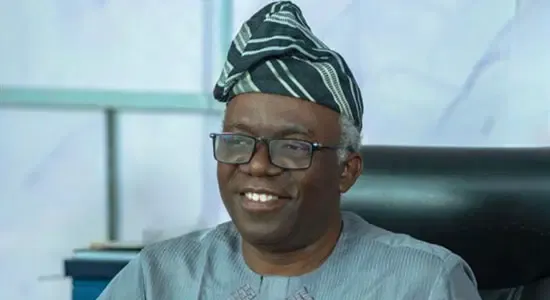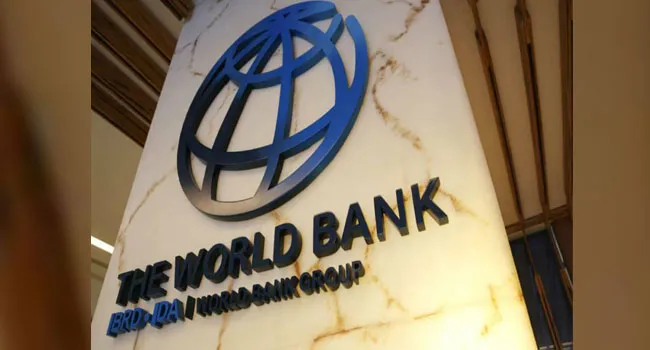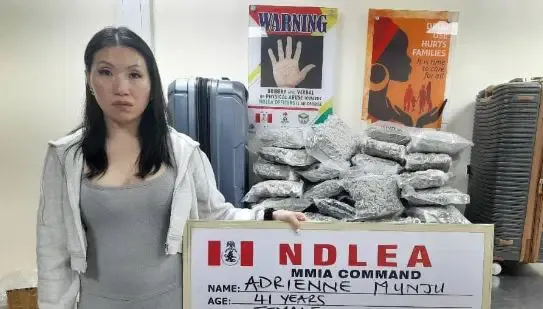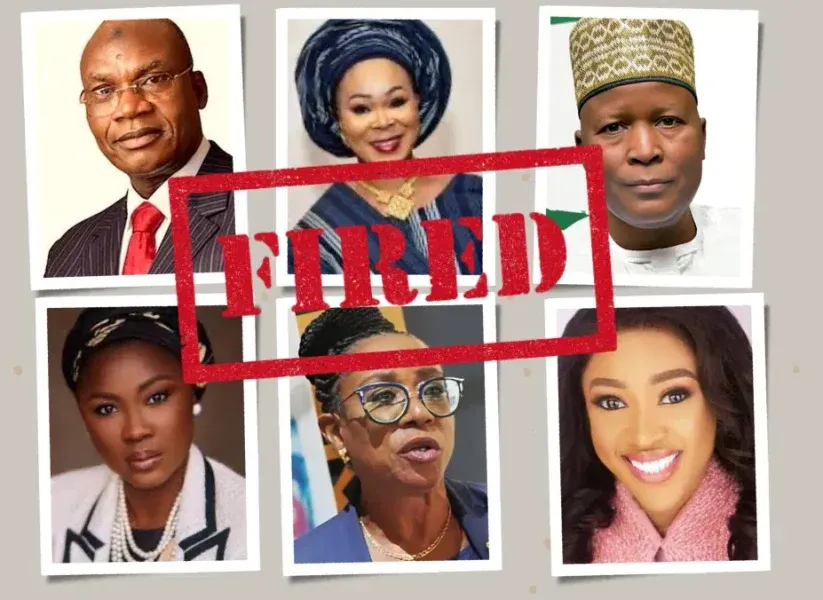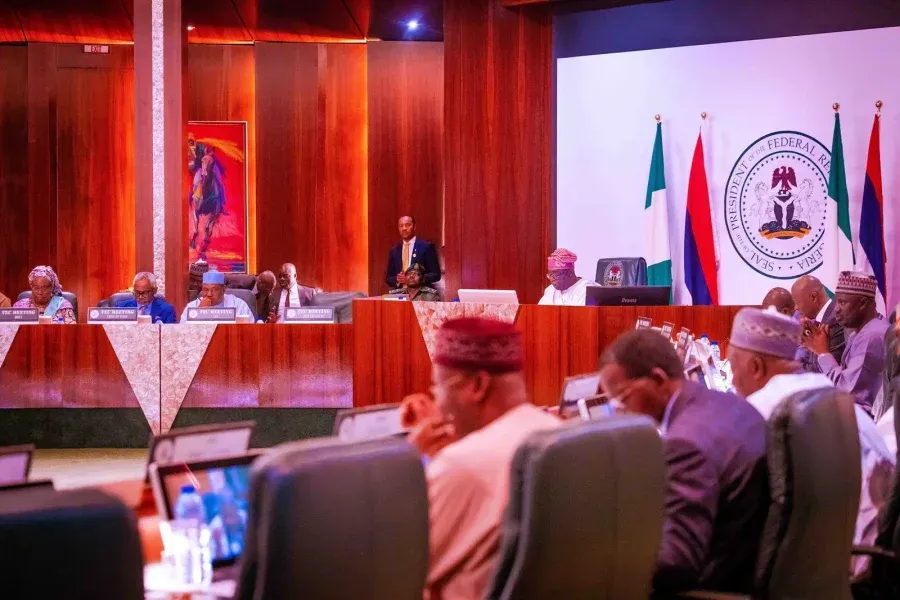ABUJA – Prominent human rights lawyer and Senior Advocate of Nigeria (SAN), Femi Falana, has called on the National Assembly to urgently amend the constitution to solidify the legal standing of the Economic and Financial Crimes Commission (EFCC) and the Independent Corrupt Practices and Other Offences Commission (ICPC). In a letter addressed to the Speaker of the House of Representatives, Falana pressed for legislative reforms to resolve legal disputes regarding the agencies’ authority.
The letter, titled “Urgent Legislative Attention on Constitutional Reforms Relating to Law Enforcement Agencies and Anti-Corruption Efforts,” stressed the need to end controversies about the constitutionality of the EFCC and ICPC, while empowering them to more effectively fight corruption across the country.
Falana’s call followed recent arguments, particularly by legal scholar Dr. Olisa Agbakoba, who questioned the legitimacy of the EFCC, claiming that its establishment by the National Assembly breached federalism principles. The human rights lawyer rebutted these claims, pointing out multiple Supreme Court decisions that affirmed the agency’s legal foundation and its mandate to tackle economic crimes at both state and federal levels.
Referencing significant cases, Falana cited *Attorney-General of Ondo State v Attorney-General of the Federation*, where the Supreme Court upheld the establishment of the ICPC, recognizing the National Assembly’s authority to create bodies aimed at combating corruption under Section 15(5) of the 1999 Constitution. He also referred to *Nyame v Federal Republic of Nigeria*, which reinforced the EFCC’s constitutional power to prosecute economic and financial crimes.
Falana called on lawmakers to use the current constitutional amendment process to officially embed the EFCC and ICPC into the Constitution, thus shielding the agencies from future legal disputes. He voiced concerns over ongoing efforts by some state officials to undermine the anti-corruption bodies by questioning their powers or obtaining court injunctions to delay investigations.
“In the light of the duty imposed on the State by Section 15(5) of the Constitution to abolish corrupt practices, it is imperative to safeguard the powers of the EFCC and ICPC as ‘common agencies’ of the people of Nigeria in combating corruption and financial crimes,” Falana wrote.
He concluded by urging legislators to take swift action to constitutionalize these bodies, thereby reinforcing Nigeria’s anti-corruption framework and ensuring greater public accountability.
